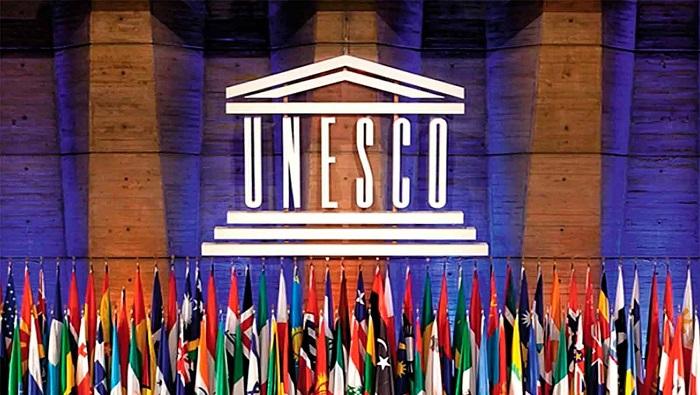The impact of school violence, the role of parents in education, and the relationship between teaching and inequality were some of the topics addressed at the event by the Latin American Laboratory for Assessment of the Quality of Education (LLECE).
From October 22 to 24, Santiago, Chile, hosted the Interdisciplinary Congress on Educational Research (CIIE), which brought together researchers from various countries in Latin America and the Caribbean with the goal of tackling the socio-educational challenges of the region.
In this sixth edition of the congress, whose central theme was “Building Futures: The Contribution of Educational Research to Social Justice,” the technical team of the LLECE Laboratory from UNESCO Regional Office for Latin America and the Caribbean presented different results and progress from their research to support the construction of educational evidence in the region, especially drawing on data from the 2019 Regional Comparative and Explanatory Study (ERCE).
The team of specialists, consisting of Fabián Fuentealba, Francisco Gatica, and Álvaro Otaegui, presented the following papers: “Trends in Learning in Latin America, Linking SERCE 2006 to the Current ERCE Scale”; “School Violence and its Association with Learning Achievement and Socio-Emotional Skills in Latin America”; and “Can Teaching Overcome Socioeconomic Inequality in Latin America? Analysis of Trends Based on ERCE Data.” Additionally, Álvaro Otaegui participated in the congress’s scientific poster session, presenting on the “Role of Parental Education in the Variation of Minimum Competency Levels in Latin America and the Caribbean (LAC).”
Furthermore, LLECE and the Centre for Measurement at the Pontifical Catholic University of Chile (MIDE UC) organized a symposium on the pedagogical use of large-scale assessment results at the regional level. Carlos Henríquez, coordinator of the LLECE Laboratory, highlighted: “This seminar allowed us to showcase what UNESCO is contributing to regional education, always in synergy with the 19 countries that make up the Laboratory. This helps to inform educational policies and promote the development of good practices that contribute to the well-being of students, always based on the evidence provided by studies like ERCE.” (https://www.unesco.org/en/articles/unesco-presented-crucial-evidence-social-justice-education-international-congress)



































